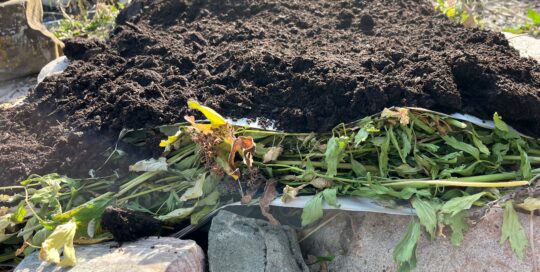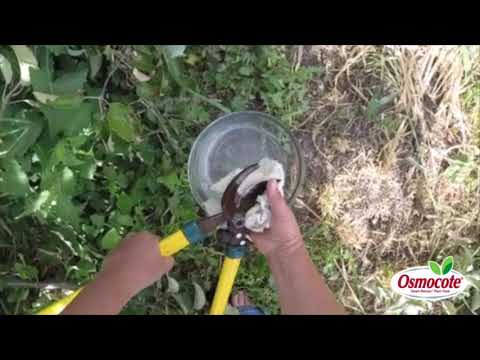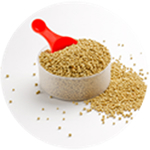Winter clean up: strategies to clean out garden pests
Views: 710
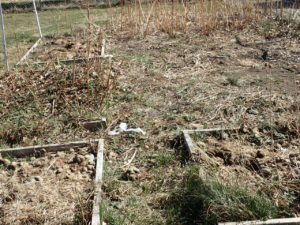
The Chinook winds are howling raising temperatures out of the negative digits. There’s no wonder I have a case of spring fever! After being buried with over a foot of snow at the end of September, then being hit again in October giving us a grand total of 55 inches of snowfall just in the autumn, not a lot of garden clean up happened. That weather definitely takes the wind out of your sails. But winter is a good opportunity to use this down time to be proactive about cleaning up and potentially reducing pests in the garden.
How to help your birds this winter
I’m a big advocate of leaving standing plants to provide seeds and cover for birds during the winter. Yet, at a certain point it’s time to shift gears to enact a strategy to potentially cut down on that first flush of spring pests. Think like an insect to know where to find them.
Disrupt overwintering sites
Just like everything else, insects need to hunker down in a protected area for the winter. For most, this means leaf litter, pithy stems, and heavy mulch. By disturbing these spaces in the winter, it rouses them out of their cozy little hidey-holes. You’re bound to eliminate a few in the process.
Cut back any of the standing perennials in the garden. For me, I need to take care of the large sunflower stalks, daisies, delphinium, and fall-bearing raspberry canes. Fortunately, this means a fun fire to clean up the result of my efforts. Others can break up the pithier stalks to add them to the compost pile, although the raspberry canes never break down very well.
Rake up the mulch
It won’t hurt to rake over existing mulch at this time, either. Since it might still have frost in the layers, take a firm garden rake to scrape over the top. If pests are snuggled below the litter, this should bring them to the cold surface. Hold off applying new mulch to the area, wait until spring to expose the area to the cold.
If you have still have leaves on the ground around the fruit trees, take the time to rake them up to reduce the risk of rodents using them for protection, as well as eliminating spaces for grubs to hide. Although this type of mulch is valuable, by opening up the area for at least few weeks, it eliminates a lot of issues.
Speaking of grubs, if these are an issue in your garden, when the soil is warmed enough to work. Consider taking a garden fork to lift the soil bringing them to the surface. You don’t have to do a thorough excavation job. It’s usually enough to jostle them from the soil.
Early season spraying
Another trick to reduce pests before they even emerge is to spray fruit trees, currants, and gooseberries with either a petroleum or plant-based dormant oil spray to take care of scale and mites. This is a good activity for a calm day that is above 40 degrees F. that day, as well as for the next few days. Cover all parts of the branches and stems to find the insects where they are hanging tight to the tree. Don’t forget those crevices!
Tackling this project in the later winter or early spring is a good idea since you don’t want the spray to touch any greening vegetation as it can kill leaves and new plants.
It won’t be long until we’re in the garden for the season, but it’s nice to spend some time enjoying winter clean up preparing the area and hopefully eliminating a few pest problems.
Meet Amy Grisak
Amy is a freelance author and photographer in Great Falls, MT who specializes in gardening, foods, and sustainable agriculture. She provides information on every kind…
Amy's Recent Posts
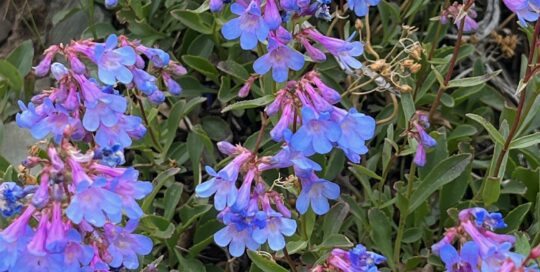
Watch for Fungal Diseases on Penstemon
